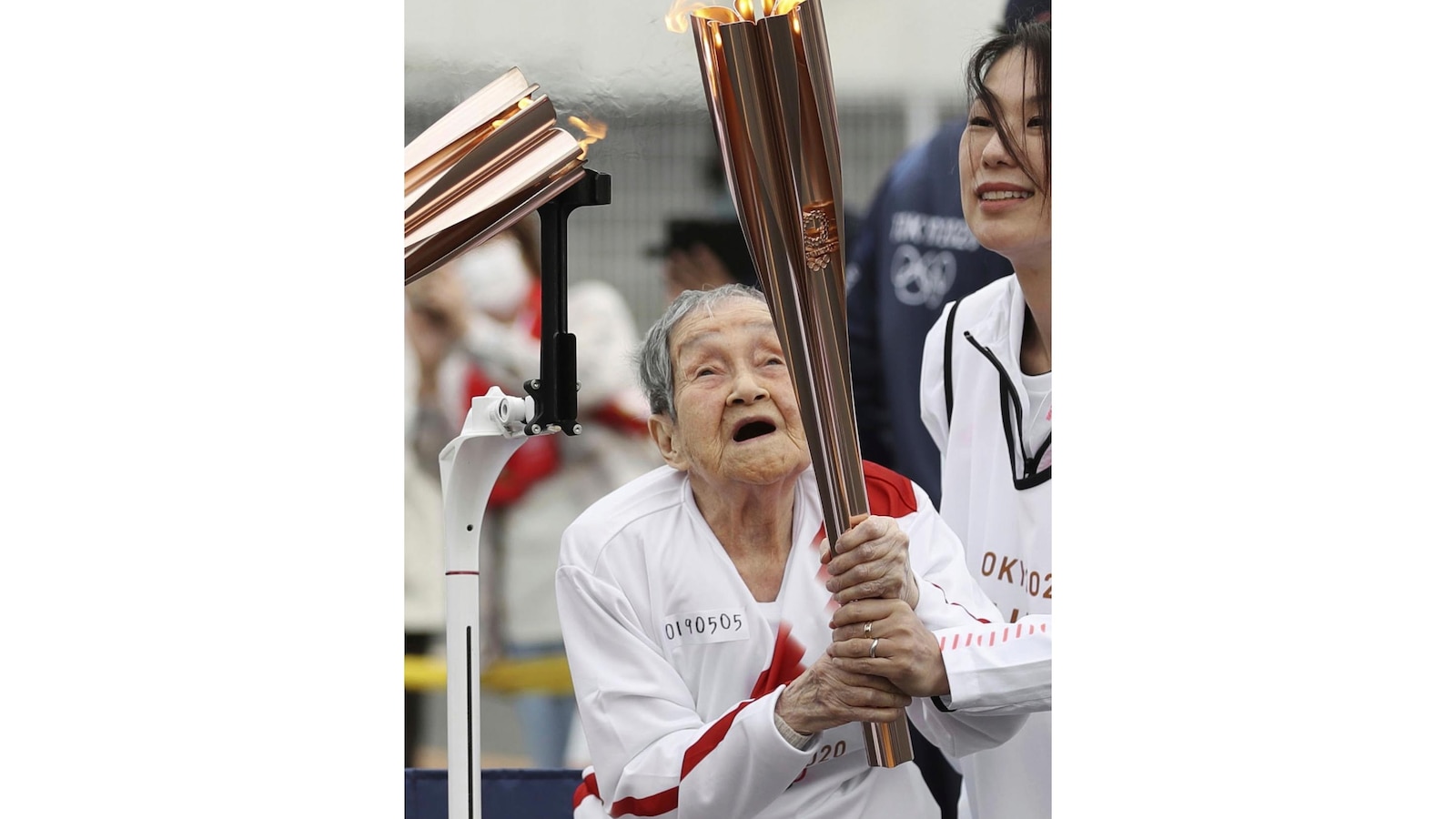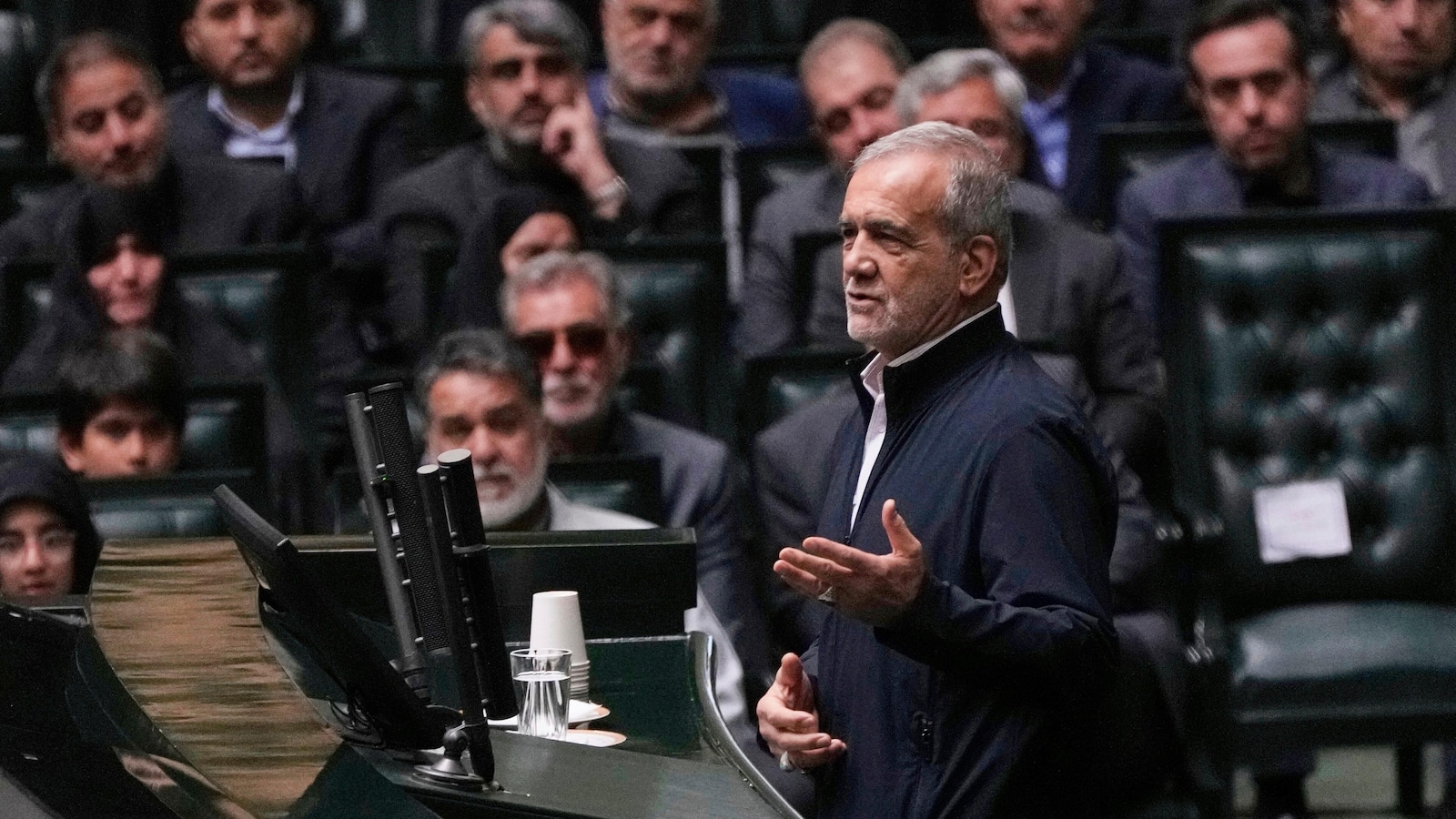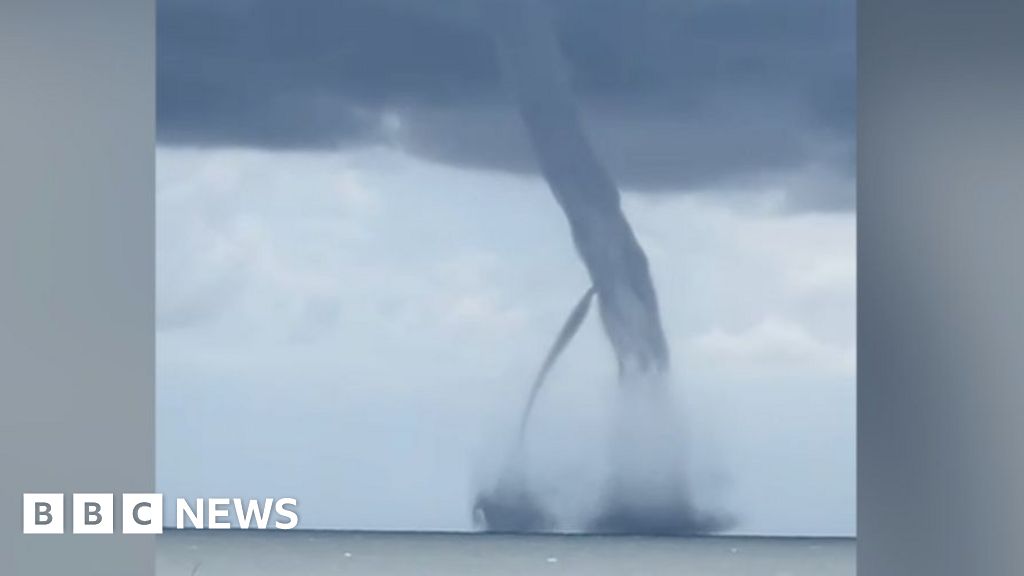ARTICLE AD BOX
HONG KONG -- Hong Kong authorities on Monday strengthened a crackdown on 16 overseas-based activists who were previously targeted by bounties on suspicion of endangering national security, implementing measures that include banning financial support to them and canceling passports for most of them.
The activists were among 19 people who were targeted with arrest warrants in July for alleged roles in Hong Kong Parliament, a group the police called a subversive organization abroad. The organization is not the city's official legislature and its influence is limited.
Three of the original 19 activists were already targeted by similar measures last year.
Secretary for Security Chris Tang banned providing funds or economic resources to the 16 activists, including Victor Ho, Keung Ka-wai, Australian academic Chongyi Feng and U.S. citizen Gong Sasha, the Hong Kong government said in a statement.
Travel documents were canceled for 12 of the 16 who hold Hong Kong passports.
The government also prohibited properties from being leased to the people on the list or forming joint ventures with them. Anyone violating the orders risks a penalty of up to seven years in prison.
The 16 activists are hiding in the U.K., the U.S., Canada, Germany, Australia, Thailand and Taiwan, among other regions, the government said, accusing them of continuing to engage in activities endangering national security.
The notice also accused them of intending to incite hatred against Beijing and Hong Kong through smear and slander.
"We therefore have taken such measures to make a significant impact,” the statement said.
Beijing imposed a national security law on the territory in 2020 that has effectively wiped out most public dissent following huge anti-government protests in 2019. Many activists were arrested, silenced or forced into self-exile.
The measures announced Monday were issued under the powers granted by Hong Kong’s homegrown national security law enacted last year.
The arrest warrants issued in July have drawn criticism from foreign governments, including the U.S., the U.K. and the European Union. Police offered rewards of 200,000 Hong Kong dollars ($25,480) to 1 million Hong Kong dollars ($127,400) for information leading to their arrests.
In a July statement, U.S. Secretary of State Marco Rubio condemned the moves.
“The extraterritorial targeting of Hong Kongers who are exercising their fundamental freedoms is a form of transnational repression,” he said. “We will not tolerate the Hong Kong government’s attempts to apply its national security laws to silence or intimidate Americans or anyone on U.S. soil.”
The Hong Kong office of the Chinese Foreign Ministry responded by opposing criticism from foreign politicians, insisting the actions were legitimate.
The governements in Beijing and Hong Kong said the security laws were necessary for the city's stability.

 3 hours ago
11
3 hours ago
11








 English (US) ·
English (US) ·